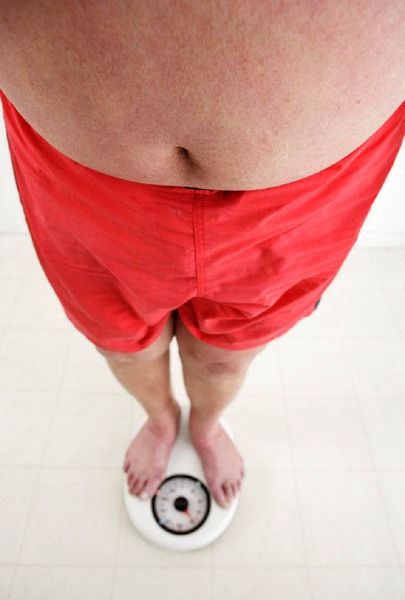Aberdeen scientists are seeking overweight men for a new study which aims to better understand the connection between obesity and Type 2 diabetes.
The findings could improve treatment and prevention of the condition which affects over 200,000 people in Scotland – a figure which may double in the next decade*.
Type 2 diabetes is proven to have a strong link with obesity, but not everyone who is overweight has the condition.
The study by researchers from the University of Aberdeen Rowett Institute of Nutrition and Health will investigate whether specific hormones produced by fat tissue could explain the reason behind this.
Dr Nigel Hoggard from the University of Aberdeen Rowett Institute of Nutrition and Health who is leading the study said: “We know that obesity is strongly associated with the development of Type 2 diabetes but we do not yet understand why some people who are overweight have the condition and others do not.
“Obesity is clearly associated with an increase in body fat and we believe the answer may lie in hormones produced by fat tissue in the body.
“Fat tissue produces a number of different hormones and our study will focus on a small number of these to determine whether they are at the root of the link between obesity and Type 2 diabetes.”
Twenty overweight men with Type 2 diabetes and twenty overweight men without Type 2 diabetes are being sought for the study.
Volunteers will receive feedback on their own health – specifically regarding the amount of lean and fat tissue in their body and where it is located
Volunteers should be from the Aberdeen city or shire area or be willing to travel to the University of Aberdeen Rowett Institute of Nutrition and Health in Bucksburn, Aberdeen where the study will take place.
Dr Hoggard continues: “Diabetes presents a serious health challenge for Scotland with the number of people with the condition increasing every year”.
“The study provides a unique opportunity for volunteers to take part in research which will enhance understanding of Type 2 diabetes and potentially pave the way for better treatment of the condition.”
Members of the public wishing to volunteer for the study should contact Dr Nigel Hoggard on 01224 716603 or by email at N.Hoggard@abdn.ac.uk


